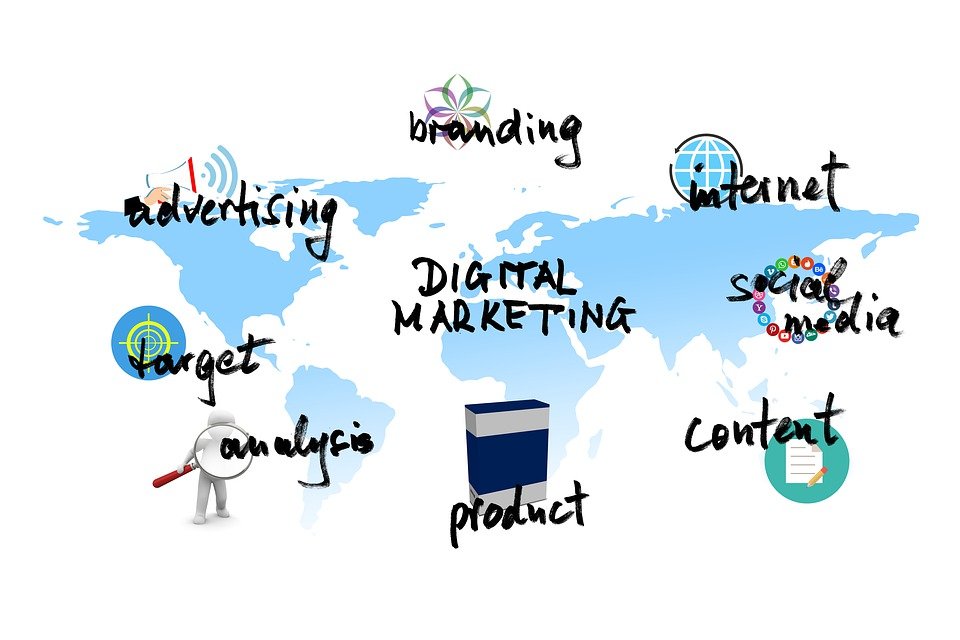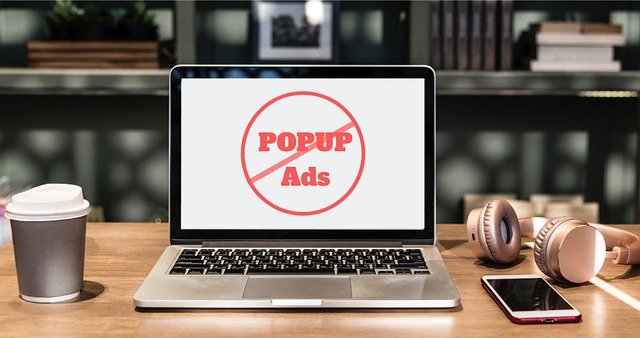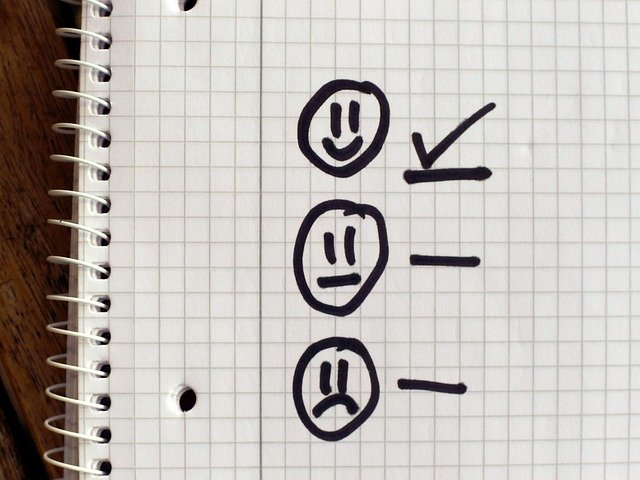
Marketing Your Business: Permission vs Interruption

In my previous blog post, I introduced myself to you and discussed why I chose to purchase PromoSimple. Now let’s get into the nuts and bolts of marketing and why you might choose PromoSimple to help. It’s all about permission marketing! We’ll contrast this marketing style with interruptive marketing and provide data about why interruptions are often a riskier path for a business to take.
As a marketer, you’ve probably thought about so many different ways to share all that you have to offer consumers. Let’s delve in to the two main types of marketing: interruptive and permission-based.
You can quickly spend quite a chunk of your advertising budget on interruptive marketing. You may reach a wider audience than you already do–and then again, you may not. And if you do convert a few clicks to cash, will the cost of the conversion be covered by the revenue from these new customers? More importantly, will the LTV of these new customers be the same as those who found you through more personalized means–via referral, for example? It’s a gamble, and like all gamblers, you will just have to hope that your investment pays dividends.
Unlike interruptive marketing, permission marketing has a great track record of benefitting you, your brand, and your current and future customers. It provides long-term gains and helps you build lasting relationships with consumers who are more likely to be loyal to your brand. It’s worth considering the return on this kind of smart investment!
Um, I Don’t Mean to Interrupt, but . . .
Interruptions. Yep, we are talking about all the ways that advertisers interrupt a person’s day in an attempt to get them to click, call, stop by, believe, wonder, or purchase. These would include pop-up ads, display ads, search ads, commercials, billboards, print ads, unsolicited emails or phone calls, etc. These strategies are used daily by businesses, and I’m not here to say that they never work. Rather, I’m here to make the point that these techniques can cost more than just money, and that this cost is not always recouped by sales of goods or services. 
Examples abound, so let’s look at two interruptive techniques online marketers might choose: pop-up ads and search or display ads. Many turn to pop-up ads to grow their customer base. Sometimes they even work, but do you appreciate them as a consumer? I don’t, and I’d be surprised to find anyone who does. It’s not at all surprising that the person who created the first pop-up advertisement issued a public apology for doing so.
What about a display or search ad? You might get clicks through Google AdWords, for example…but at what cost? Will you get enough traffic to make it worth your while, and more importantly, will that traffic convert from a quick visit to a new paying customer?
What the Research Says
When you do your research, you’ll find that reaching consumers with pop ups, Google search or display ads, social media ads, and other interruptive techniques can be both expensive and, at times, ineffective. And to add insult to injury, some of it, such as pop-up advertising, is downright annoying to the end user. Perhaps that is why over 763 million devices block ads and mobile ad blocking has increased by 64% according to a 2020 report.
Most small and medium-sized businesses find that these interruptive options don’t provide a large enough return on investment to be worth it, nor do other interruptive marketing options, such as purchasing an email list and sending (i.e. spamming) potential customers who never gave you passive or active permission to email them. You’ll compete with many, many other businesses who are all trying to do the same thing. Consumers become overwhelmed and overloaded by all of these attempts to get them to pay attention.
Attention is Worth More Than Money
Paying attention—what a phrase! Godin argues that attention is truly a commodity. Unlike money, time spent is gone, and we can never earn it back again. Our time is precious.
I want to focus on a better way to get others to pay you their attention: permission marketing. There are numerous books and blog posts about this topic, and there’s a reason it remains the gold standard in this field. Permission marketing can change the way consumers interact with your brand!
Permission Marketing: Permission Matters!
Permission marketing is “the privilege (not the right) of delivering anticipated, personal and relevant messages to people who actually want to get them,” and businesses are most successful in gaining new customers and retaining current customers by, quite simply, treating them with respect. 
As a business owner or someone in charge of marketing for one, connecting with customers should be a top goal. Doing so with the permission starts the relationship out with respect and comes with an opportunity to forge a (hopefully long, mutually beneficial) connection with a consumer.
Contests and promotions should be at the top of the permission marketing list. PromoSimple makes it easy to amplify your message in this brave new world full of consumers who are sick and tired of ads interrupting their lives. Sweepstakes not only re-engage current customers, they also attract new customers!
Contests naturally inspire people to tell a business that they want to connect. If you are in the market for a digital photo book and find that one site is giving away free photo books to five lucky users who enter a contest, you may decide to look into that company instead of the many competitors vying for your attention. Contests are also a great way to inspire entrants to connect you with others who might also like what you do! PromoSimple’s refer-a-friend feature gives entrants an incentive to share information with a whole network of people to whom you had no access before. PromoSimple is a powerful ally in a permission marketer’s toolkit.
How can contests bridge the permission gap?
This is the best part! The new contacts you gain will be there by choice, not because they accidentally clicked on an annoying advertisement that interrupted their day! They choose whether to enter and submit their information, and by doing so, they knowingly grant you permission to contact them. As a bonus, they will not view your business as an extension of a negative experience, but rather a business they wanted to hear more from and signed up with by choice.

In signing up, they also give you explicit permission to hear more from you. This means that when they receive an email from your business, it doesn’t look like spam–it belongs there. They wanted to know more about your products or services, and you are meeting that need by keeping them informed! You know this because they entered your contest and gave you their contact information. And regular contests provide regular opportunities to reconnect and stay relevant.
The Bottom Line
Permission marketing can breathe new life into your business. Contests represent an economical, respectful, and powerful way to connect people with your brand. Whether you use your own website or Facebook, Instagram, Twitter, or Pinterest, getting started is easy, and PromoSimple is here to help you!

